|
By Anna Hazard
Due to many various reasons ranging from decreasing appetite and the ability to taste with age or trouble chewing and swallowing, seniors are often lacking in proper nutrition, which is particularly detrimental during the winter months where good nourishment is required to help the immune system fight off colds, flu, and other wintry illnesses.
For those whose senior loved ones are living in colder climates, it must also be kept in mind that the winter season may present even further obstacles such as when snow, ice, or other inclement weather prevents trips to the grocery store for fresh fruits, vegetables, and other foods or makes such supply runs far more dangerous. Here are suggestions for helping your elderly with their nutritional needs during this particular season, including a list of foods that are good for the health all year round, but are but are particularly abundant or helpful during the winter months.
2 Comments
4/11/2017 04:03:18 am
The older people are more prone to more symptoms and diseases and they should be mindful about the foods that they are eating for even the small foods can make that big difference. The senior people are more conscious about their health and to be a smart citizen is a must. I have read and understand it and those things are all essential and will be helpful in so many ways. I will read it again and I will see the change in my grandmother.
Reply
JimmyDoor
11/1/2017 08:07:22 am
wow, inetersing
Reply
Leave a Reply. |
AboutNews updates, tips, and guides on senior care, senior health, stress relief and a host of other caregiving related topics from the professionals at Ella Stewart Care. |




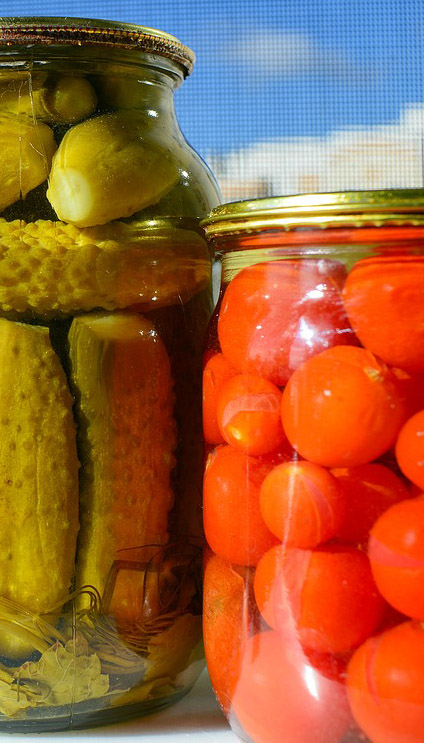
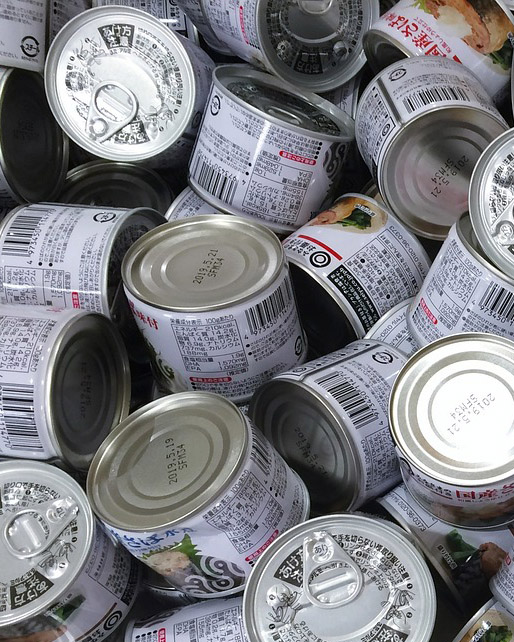


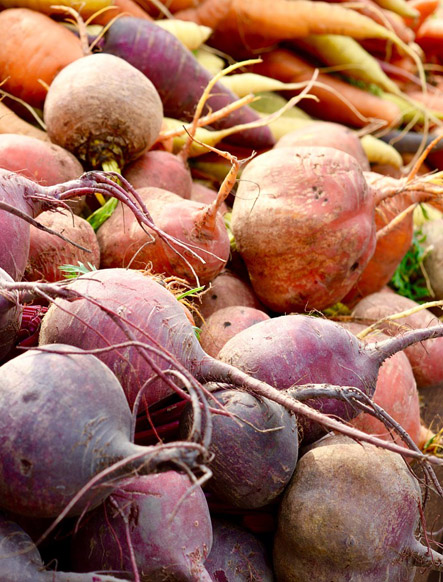
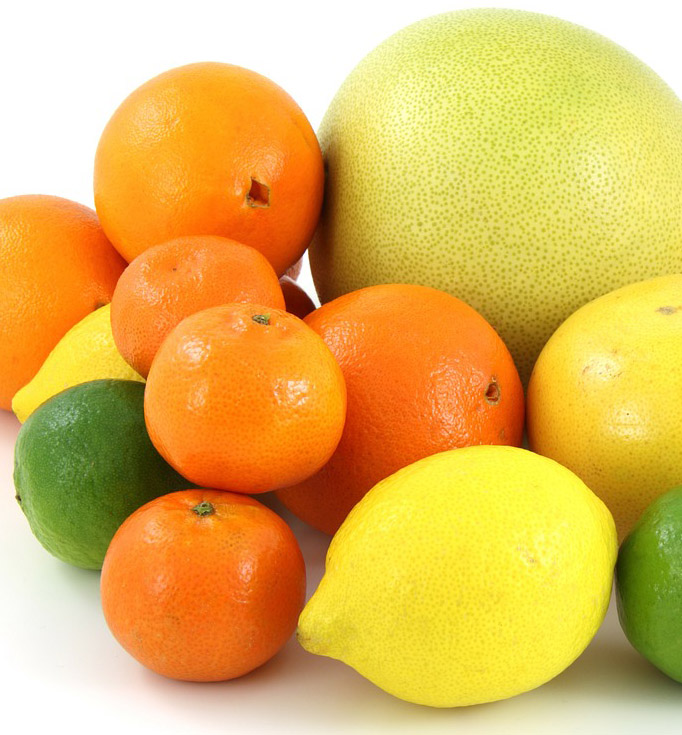
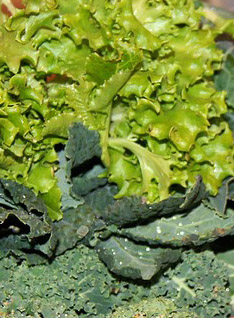
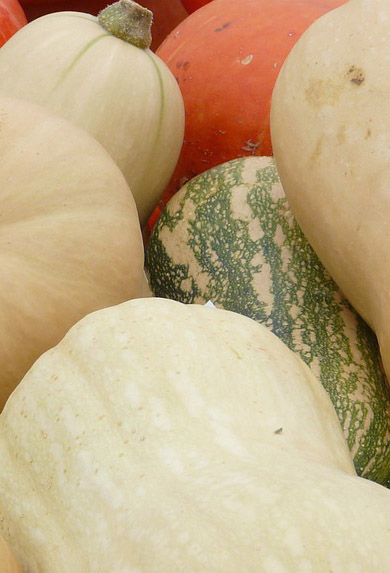

 RSS Feed
RSS Feed
